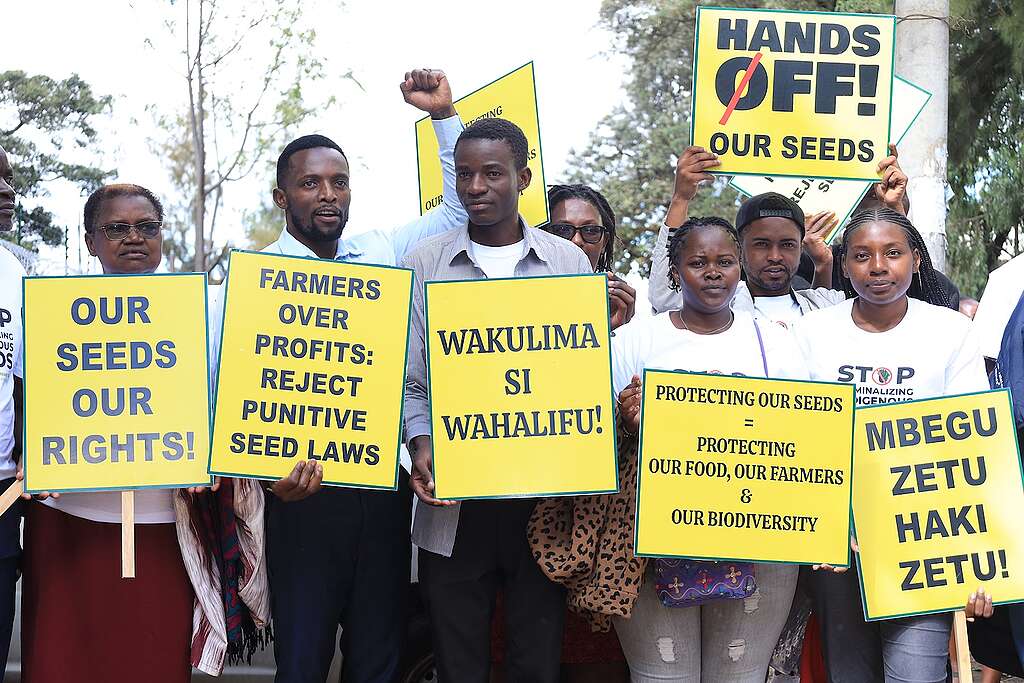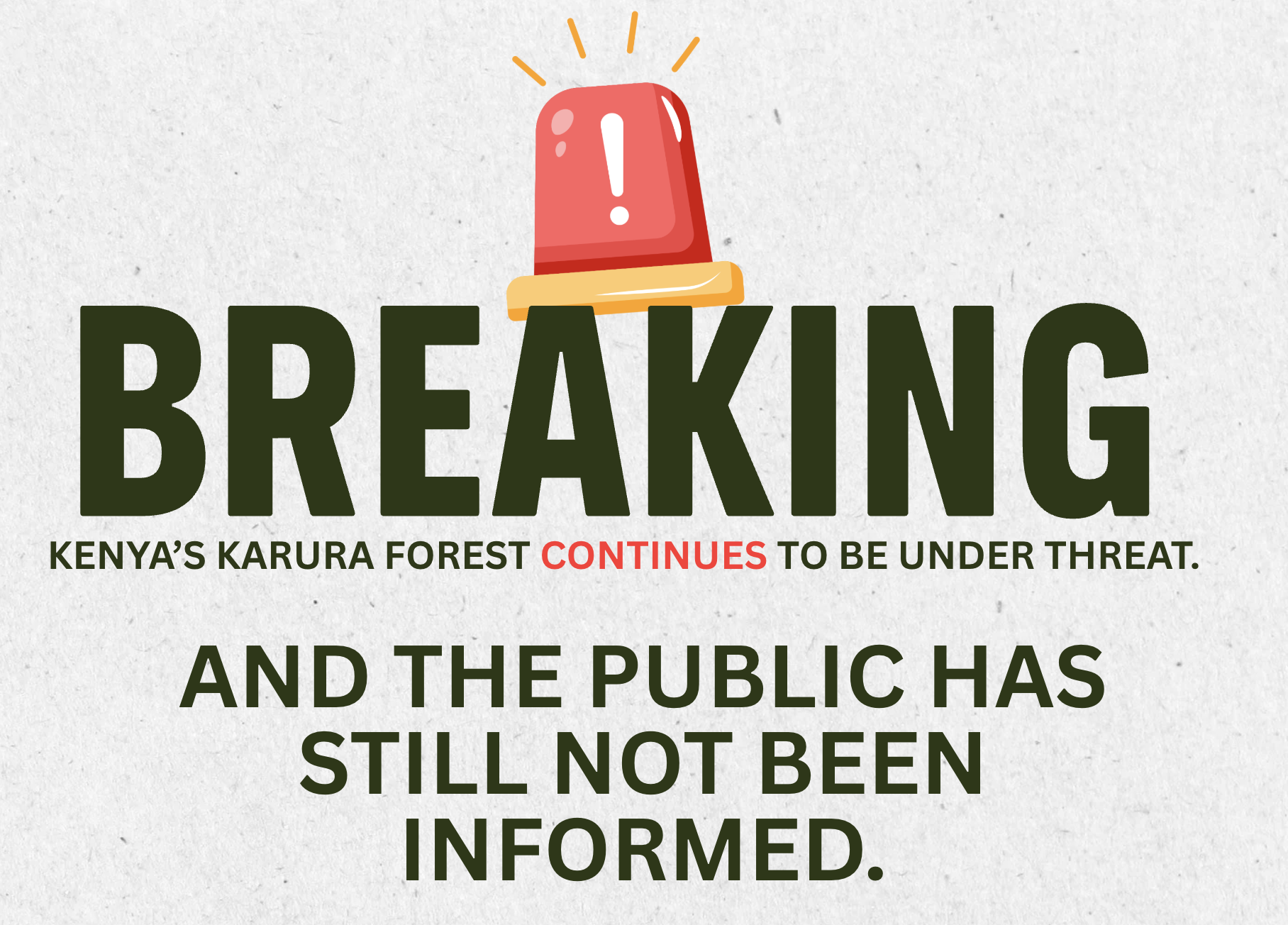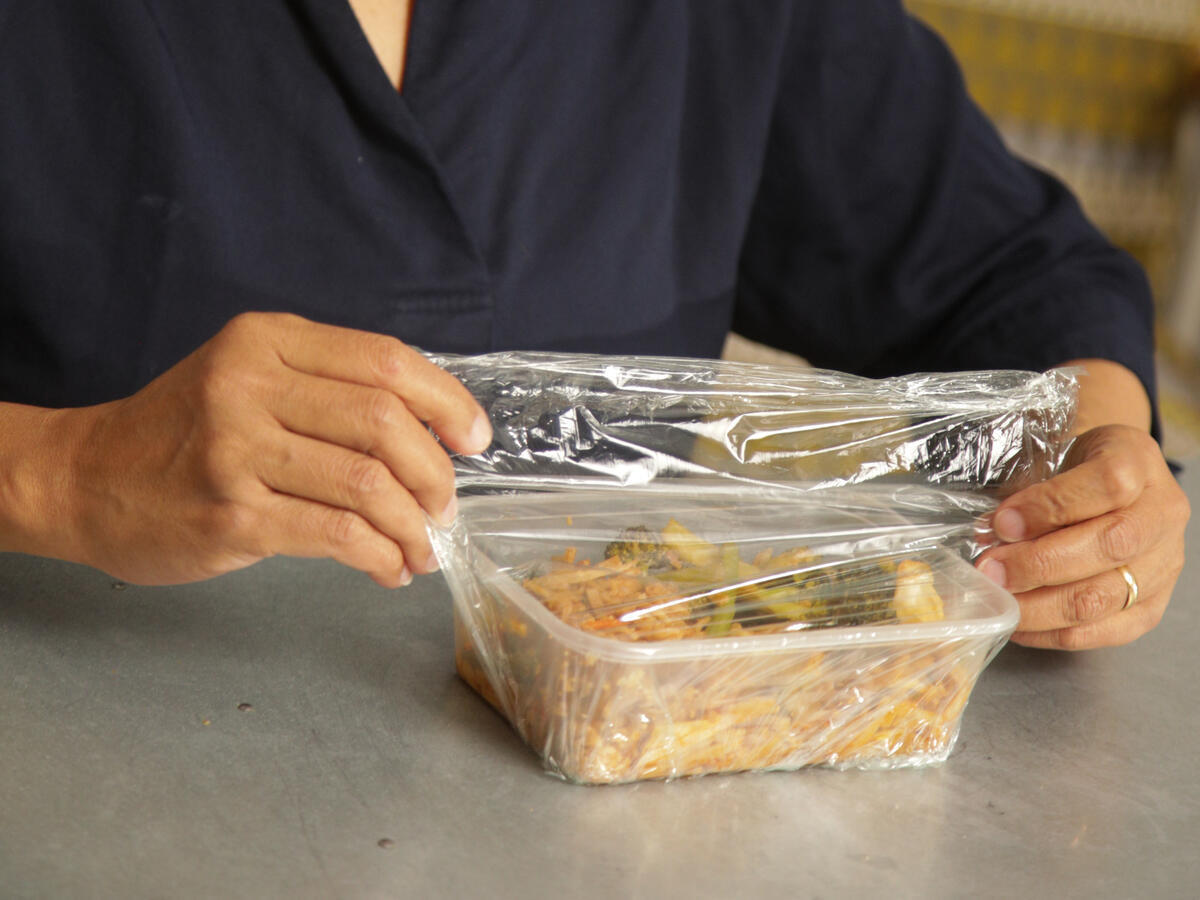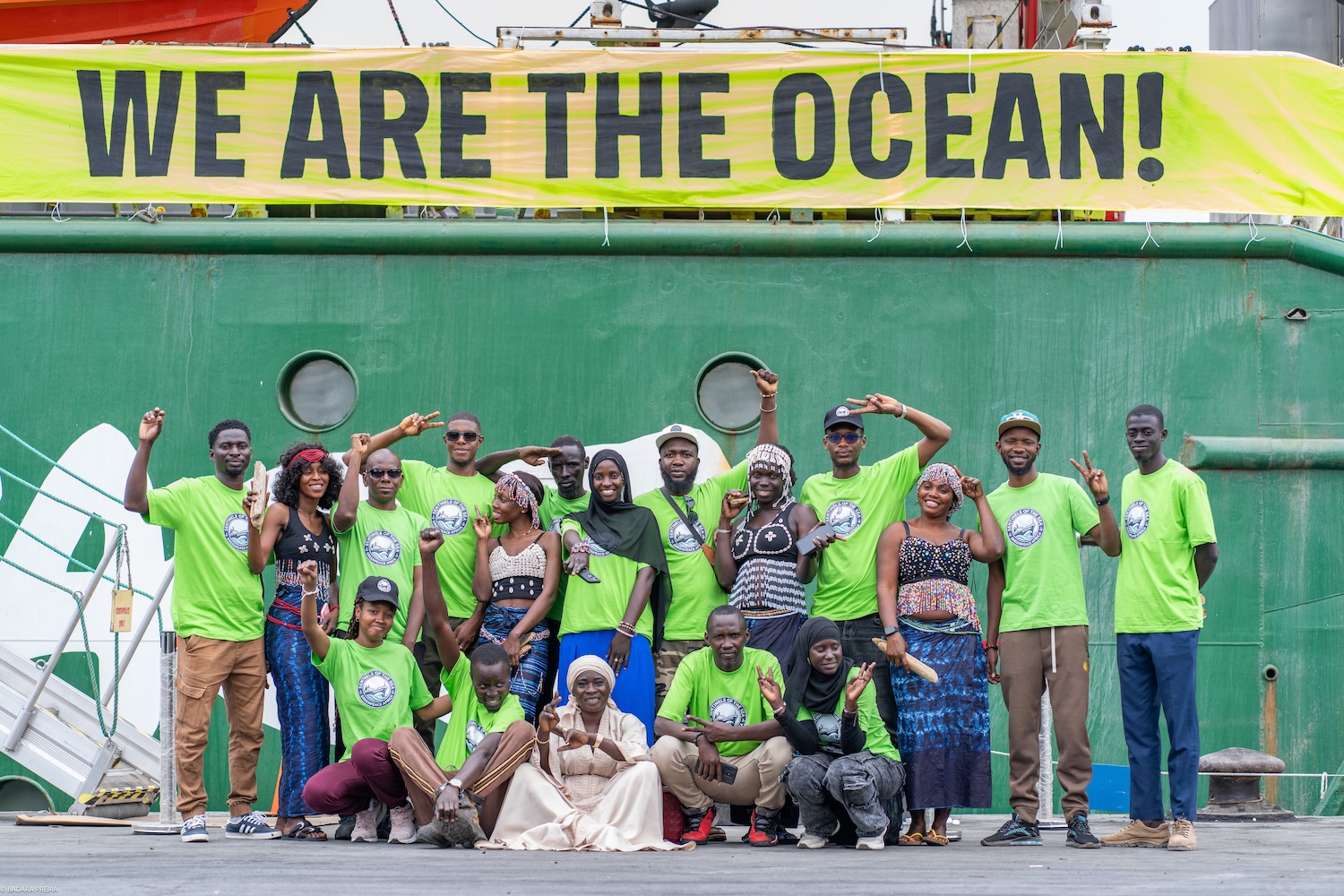Soundbytes: Click here, Photos: Click here

In the quiet court corridors of Machakos, a storm has been brewing—one not about legal technicalities, but about seeds, sovereignty, and the survival of a farming culture.
On 20 May, fifteen smallholder farmers from across Kenya stepped into the High Court to challenge the constitutionality of Kenya’s Seed and Plant Varieties Act (Cap. 326), a law they say criminalises their very way of life. The case, supported by Greenpeace Africa, Seed Savers Network, and the Biodiversity and Biosafety Association of Kenya (BIBA), could redefine the country’s agricultural future.
At the centre of the petition is a clause that forbids the exchange, sale, or use of uncertified seeds, including traditional and indigenous varieties. Farmers argue that these laws, enforced with steep fines and even jail time, target the country’s poorest growers and sever ties to centuries-old seed practices.
“This law criminalises the legacy of our grandmothers,” said Justus Mwololo, one of the petitioners. “We’re not just defending seeds—we’re defending a whole history of resilience.”
The courtroom was packed with advocates and farmers alike, many in traditional attire, bearing placards that read: “Our grandmothers fed nations, now you call them criminals?” Outside, the air was charged with chants and song as a peaceful procession marched through Machakos town.
Inside, the arguments were precise and passionate.
“The Constitution guarantees the right to culture and food,” said Alvin Munandick, appearing on behalf of Greenpeace Africa. “Seed sharing is not a crime. It’s an ancestral practice.”
“What these provisions allow is shocking,” added Wambugu Wanjohi, representing the Law Society of Kenya. “Seed inspectors are empowered to raid farmers’ homes and seize property. This is a violation of privacy, property rights, and human dignity.”
The case has rallied broad support from civil society. According to Ann Maina, National Coordinator of BIBA, this legal battle is about much more than seeds.
“It’s about food security. About biodiversity. About resisting a top-down system that tries to put our food under lock and key,” she said.
Daniel Wanjama, from the Seed Savers Network, pointed out that over 80% of seeds used by Kenyan farmers come from informal, farmer-managed systems.
“To criminalise this is to criminalise the backbone of our food system,” he warned. “And it puts us all at risk of hunger.”
The government has yet to formally respond to the petitioners’ claims, but the stakes are already clear. If the court rules in favour of the farmers, it could upend a seed policy landscape long dominated by private agribusiness and shift the power back to communities.
“This case is a fight for the right to exist as a farmer,” said Penninah Ngahu, another petitioner. “If the government wants more seeds, why not invest in us? We’ve been growing food for generations.”
As the court adjourned, the date of judgment, 27 November 2025, was etched into the minds of everyone present. For the farmers, it marks not just a legal verdict but a test of Kenya’s constitutional commitment to cultural heritage, food rights, and ecological justice.
“Seed is life,” said Claire Nasike Akello, food scientist and food sovereignty advocate. “And life cannot be patented, regulated out of reach, or stolen from the hands that feed us.”
For further information, interviews, or media inquiries, please contact:
Ferdinand Omondi, Communication and Story Manager, Greenpeace Africa, Email: [email protected], Cell: 0722 505 233



